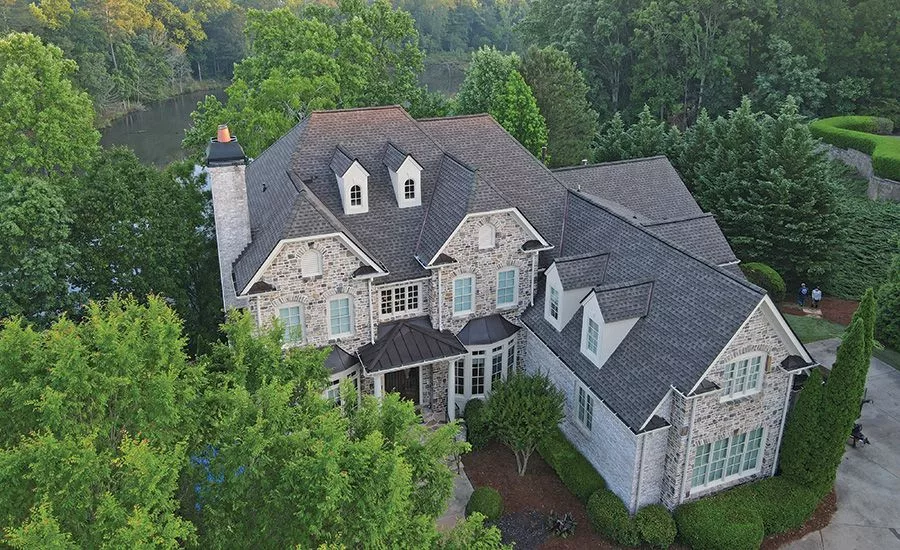Editor's Note
Over the years, I have seen roofing contractors work with their state legislators to enact appropriate standards for roofing work and for the contractors who perform the work. These contractors will tell you that all they desire is sound codes and regulations that promote excellent roofing and business practices. In addition to their desire to elevate the trade, many contractors simply want the ability to ply their trade on a "level playing field."
For all of us making a living in the roofing industry, working to continuously improve standards should be a natural part of our job. Joining with state and local trade associations is the best way for individual firms to make the maximum impact on the issues of roofing standards (codes) and contractor standards (licensing).
For years, our consuming public has viewed our work as either dirty and undesirable, or inconsequential in the scheme of the overall scope of construction. Roofing skills have been viewed as easily replaceable and certainly unremarkable. Several issues continue to emerge that may potentially have a long-ranging effect on the worldview of roofing contractors.
To begin with, the whole "mold scare" has gotten the attention of building owners, homeowners, insurers and darn-near everyone. What everyone is coming to realize is that mold, no matter what form it takes, requires moisture to live and grow. So suddenly, the leaky roof in the schoolhouse that could "wait for the next round of funding" is considerably more urgent than it ever was before. So it should follow that our job to keep the moisture out is more important than ever before. Not only that, but the time and effort that goes into making roofing decisions may expand, which most roofing contractors would agree is a good thing.
With energy costs going through the roof, the "green roof" model begins to make even more economic sense. No matter how you define "green roof," and there are several definitions floating about, the changing dynamic pointing to moisture AND thermal protection is positive for the competent roofing contractor.
As far as the licensing of roofing contractors is concerned, the battle still rages on in the individual state legislatures. One of the best things to be added in some states is the requirement for continuing education. Even without this requirement, roofing contractors owe it to their clients to make the effort every year to attend schools, conferences or seminars.
Roofing contractors who are licensed in states that have continuing education requirements should trumpet this in all of their presentation materials. Likewise, even if not required, roofing contractors who have a policy of continuing education for themselves and their key people should make this known to their clientele.
Bottom line: It is not enough to work to continuously improve the roofing industry. It is up to everyone in this business to work within their circle of influence and clientele to make known the fact that roofing is a proud and honorable trade, and vital to the success of any construction project.
Looking for a reprint of this article?
From high-res PDFs to custom plaques, order your copy today!



